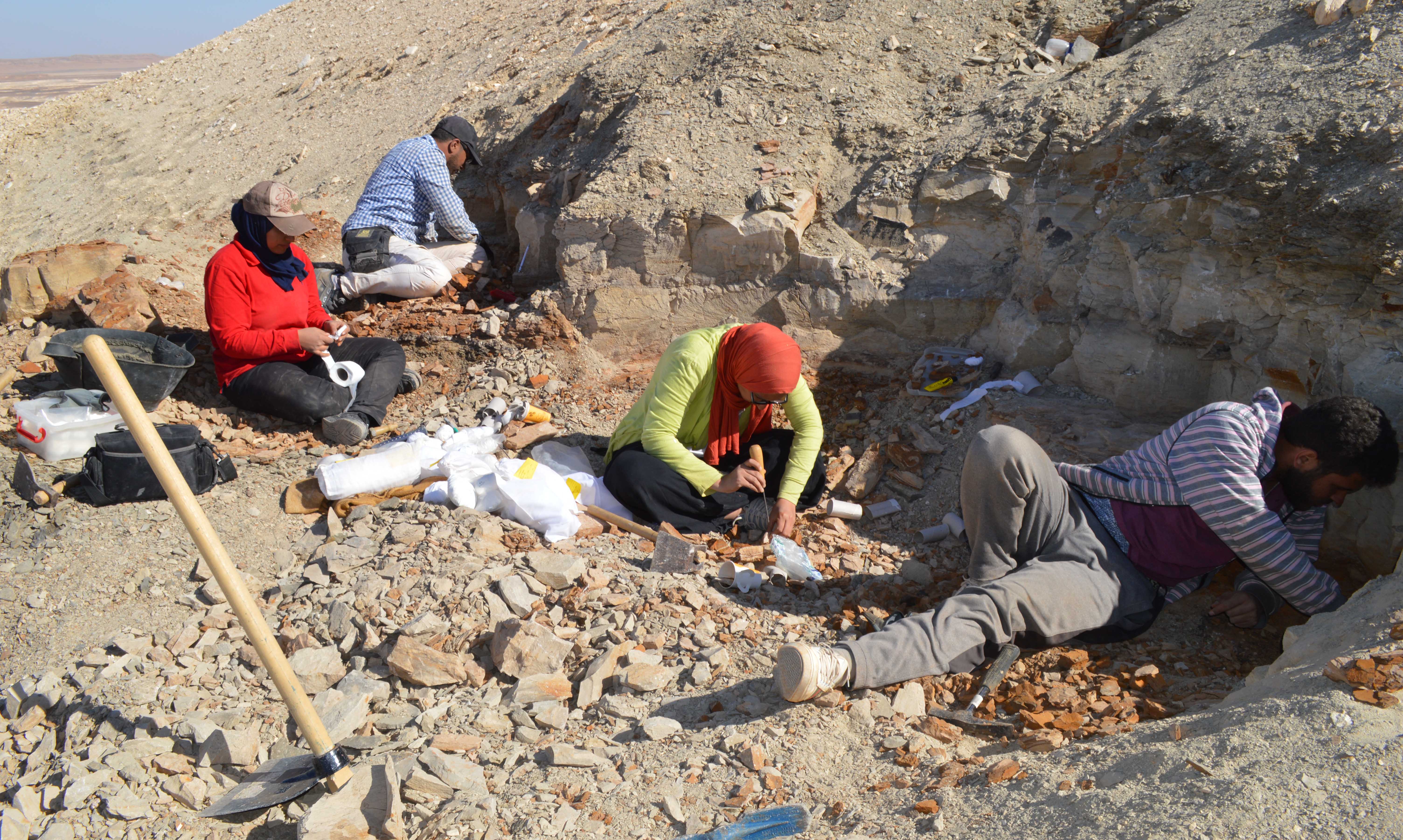Modern ecosystems are under pressure from climate change. The effects of rising temperatures are particularly clear in marine settings, with impacts ranging from coral bleaching to the shifting of species ranges. With the future consequences of such changes unclear, scientists look to the geological record to gauge how major alterations in climate influence the biosphere.
The boundary between the Paleocene and Eocene epochs (ca. 56 million years ago) is a key interval for investigating the impact of a changing climate. Global temperatures by as much as 5-8 ºC during a time known as the Paleocene-Eocene Thermal Maximum (PETM). Change at the PETM was geologically rapid (ca. 20,000 years), and occurred when major players in the modern biota like mammals, birds, and flowering plants had become established or were diversifying. As such, the PETM represents a ‘natural experiment’ in the influence of rapid global warming on the biosphere. The PETM project is in collaboration with the Michigan State University, USA, and Oxford University, Uk.

